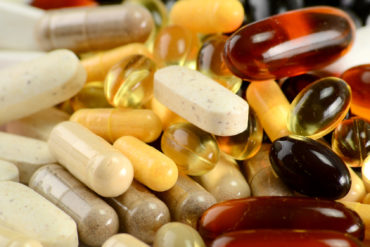Antibiotics are essential to modern medicine. They are possibly the most effective way of treating infections. Antibiotic treatment has immensely benefited human-kind and they continue to prevent, control and treat diseases and infections. However, there is a danger of antibiotics being overused which will result in them being less effective.
Antibiotics can also pose a significant risk to human health. They are also used in meat processing which has come under great criticism because of the potential over-use.
Antibiotics in Farming
Indoor farming industries regularly use antibiotics when processing meat. The drugs help farm animals survive in crowded, stressful and unsanitary environments. Antibiotics also kill some gut bacteria which enables the animals to convert more feed straight to muscle, thus creating a better meat.
Supermarkets Need to Change
As a result, three major supermarket chains (Marks and Spencer, Waitrose and ASDA) have revealed the amounts of antibiotics in their meat and dairy products. The overall objective is to significantly reduce the average of antibiotic use across the UK agricultural industry. Preventing overuse of antibiotics is impetrative in tackling antibiotic resistance. Diseases like MRSA are lethal when they cannot be treated with the appropriate medicine. According to Dame Sally Davies (England’s Chief Medical Officer) the loss of the effectiveness of these drugs would ‘spell the end to modern medicine’.
Campaigners are now urging other supermarkets to follow in the same direction, by publishing their own data for antibiotic use. This move aims to inform consumers, so that they can make their own judgments as to where to purchase their meat from. With the published information, consumers can compare free-range and organic framing with intensive, indoor systems.
The overall findings from all three supermarkets have shown that they are working effectively to reduce the use of antibiotics in their products. Tesco, Sainsbury’s, Morrisons, Lidl and Aldi have all yet to publish any data. However, Lidl have stated that they ‘fully support’ the disclosure of antibiotic data, with Morrisons following suite.
Consumers Can Make A Difference
The advances made by these supermarkets are hopefully an incentive to reduce antibiotics in meat. If consumers are given the right information, they can make their own choices. This could be beneficial long term as the potential for declining sales for indoor farms may push them to change their meat processing procedure. Developments need to be made so that antibiotic resistance can be avoided and overall human health preserved.





